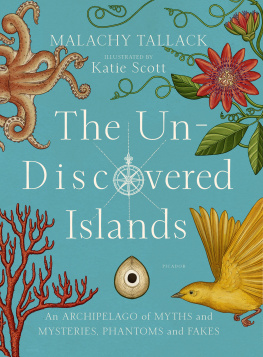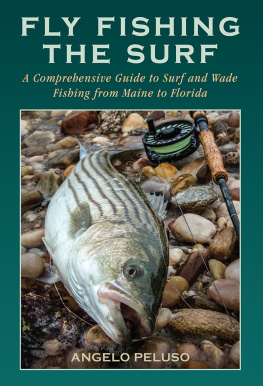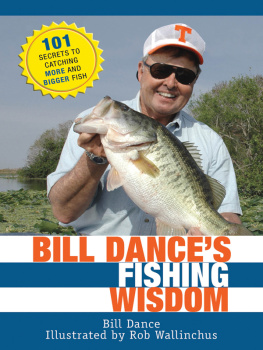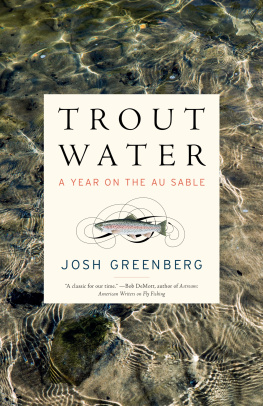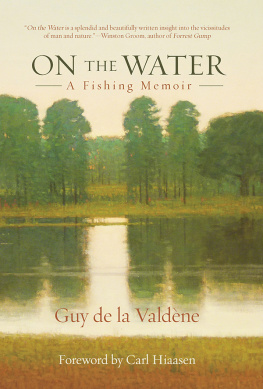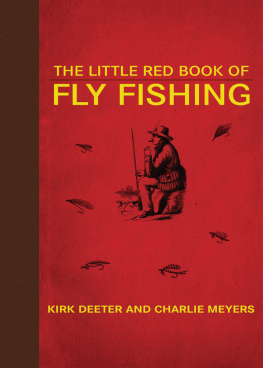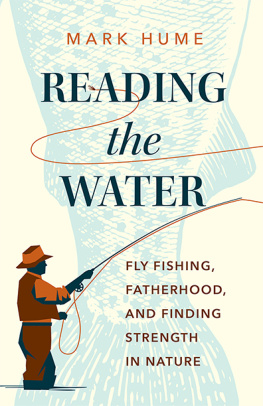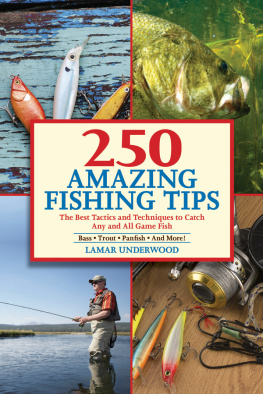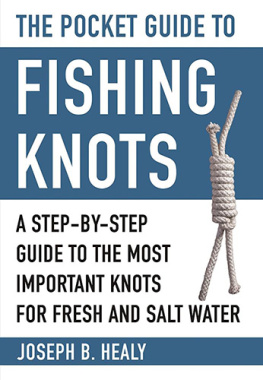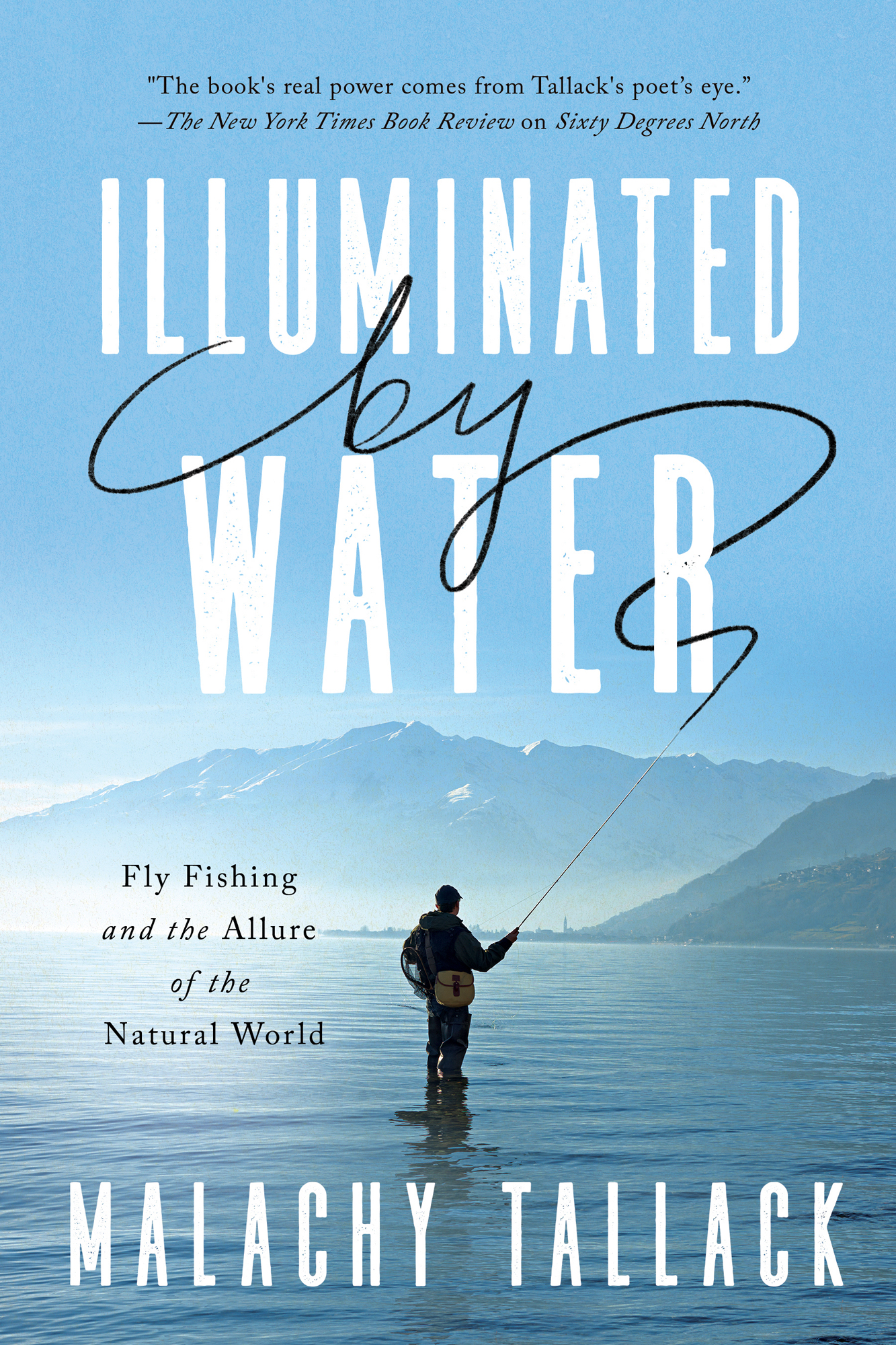Contents
Guide
The books real power comes from Tallacks poets eye.
The New York Times Book Review on Sixty Degrees North
Illuminated by Water
Fly Fishing and the Allure of the Natural World
Malachy Tallack
For Rory
INTRODUCTION
FROM THE SQUAT CONCRETE BRIDGE , humming with Saturday traffic, we took the towpath east along the Forth and Clyde Canal. It was mid-morning, mid-November, and the air was chilly and damp. I guessed we would get rained on before our walk was done. The clouds had that look about them: dark around the edges, like eyes in need of sleep.
Beyond a busy marina, packed with cruisers and narrowboats some lived in, some swaddled in tarpaulin for the winter things grew quiet. A few joggers, dog walkers and a cyclist or two, but we were mostly on our own. Shoulder to shoulder on the narrow path, my partner, Roxani, took the side with the trees and grassy banks, and I took the side with the water.
I like canals, as a general rule. I like the way they are not quite one thing or another. In form, they take the shape of rivers, but in habit and as habitat they are lakes, stretched out across the landscape. Few things we humans build for our own convenience do much to assist the natural world. But canals, cleaned up, have become an exception. Insects, amphibians, fish, birds and mammals all make their homes in and around the water. Canals once helped sustain the industrial economy of this country. Now they help sustain other kinds of life.
This one, as its name suggests, connects the Firth of Forth in the east to the Firth of Clyde in the west, bisecting Scotland at its narrowest point. Thirty-five miles in length, it was opened in 1790, joining sea to sea and city to city. Glasgow lies at one end, Falkirk at the other; and until 1933, a series of lochs provided a further link, through the Union Canal, to Edinburgh. Today, the Falkirk Wheel does the same job, but with added drama.
At the waters edge, thick beds of bulrushes and reeds provide cover for birds. Not many, on that day, just a few pairs of mallards, idling in the shallows, and a mottled grey cygnet, begging for bread. On the opposite bank were moorhens, emerging and vanishing among the vegetation, announcing themselves testily with brassy toots and honks.
Like a lot of the walks Roxani and I take together, this one was partly an excuse to be near water, and that proximity was an excuse to look for and wonder about the lives within. Almost everything along the canal led the eye in the opposite direction. The trees pointed upwards, and so did the spires of rushes and dried angelica. There were the flocks of fieldfares that came and went in gusts; there was the young buzzard that flapped one way, and the female sparrowhawk that coasted the other. Even the water faced away from itself, the still surface reflecting the bare branches on the other bank and the pallid sky above. Like all mirrors, it was hiding as much as it revealed.
Beyond a second bridge, a man with two fishing rods on the bank, lines already in the water, was casting a third as we passed. Attached was a chunky white float, and dangling beneath it, a fish. Silver and finger-length, it was long dead, most likely. There are pike in this canal ravenous hunters, always looking for an easy meal for which that would be the perfect bait. The man flicked the rod gently over his shoulder, and fish and float came down with a splash.
A little farther along, we passed another angler, just setting up. This one was accompanied by a young woman, hunched by the water in a canvas chair, staring at her phone. He, meanwhile, was threading line unhurriedly through the eyes of his rod, a carton of maggots open at his feet and a joint clenched between his teeth. He grinned at us as we passed, and the sweet stink of marijuana sprawled out along the towpath.
I had read up before we got there. I wanted to know what kinds of fish lived in the canal, even though I wouldnt be fishing. I wanted to be able to imagine, to look at the water and wonder. In truth, I would happily have stopped to watch one or other of the anglers, just stood and waited for an hour or two to see what they caught; but I suspect neither one of them (and nor, perhaps, Roxani) would have approved. As we walked, though, I searched for evidence, scanning for signs of life below. A single, subtle rise: the concentric ripples that appear when a fish takes food an insect, most often from the surface. A necklace of bubbles, belched by a tench or bream. A shuddering among reeds, which could, really, have been almost anything. Each hint, each detail, brought a momentary lurch of excitement, a thrill that had me peering, heron-like, into the murk.
That urgency of the almost-seen is with me whenever I am near water. It is like the aftermath of a shooting star, as your eyes clutch at the darkness for another, or like the last moments of anticipation for long-deferred news. It is waiting, questioning, hankering.
The appeal of angling is sometimes explained away as a hunting instinct, as though such a thing, if it truly existed, would be a simple matter. But I am not convinced. For me, the desire to catch fish is the opposite of simple, and at its root is not an eagerness to kill or to capture at all. If forced to pare it down, I would point instead to a quite different instinct: an intense, focused curiosity. What I feel beside water is the urge to uncover what is hidden, the urge to see and hold what is otherwise only glimpsed, or else never seen at all. It is the longing to look through that mirrored surface and to know for certain what is down there. That longing can transform a life. It can turn all water into a place of wonder.
Between one and two million people go fishing in the UK each year, and in the United States the numbers are much higher: around 35 million anglers annually, according to the US Fish and Wildlife Service. Thats a significant proportion of the population of both countries, for whom the lure of the aquatic is at least occasionally irresistible. Some of these people, naturally, will be once-only anglers, dragged along by an enthusiastic parent or partner. But for many of them, fishing is something very important indeed.
I am an angler, and I have been an angler since I was young. Few other labels sit so comfortably with me. Few can be applied, as this one can, without qualification. Angling is tangled in my memories, my daydreams and my ambitions. It has shaped the way I look at and notice the world, and the way I think about my place within it. It is the childhood obsession that failed to fade, the youthful fervour that never fully let me go. While almost everything else has changed in the years since I first went fishing, I can still find that same surge of adventure that drew me in and hooked me, more than three decades ago. Angling and thinking about angling has been a precious constant in my life, even at times when Ive fished less often than Ive wanted to. Like listening again to the songs I loved as a teenager, each return to the water feels like a return to myself.
The poet and novelist Jim Harrison once wrote that fishing is the activity that ensures my sanity, and I know pretty much what he meant. Angling has a steadying effect for me, not just when I am there, casting or catching, but at other times too, remembering, imagining. It offers a connection to place that feels more intimate and multifaceted than most, and an engagement with the natural world that is knotty and compelling. It is an engagement of attention, certainly, but also an involvement in the lives and sometimes the deaths of those creatures the angler pursues.


